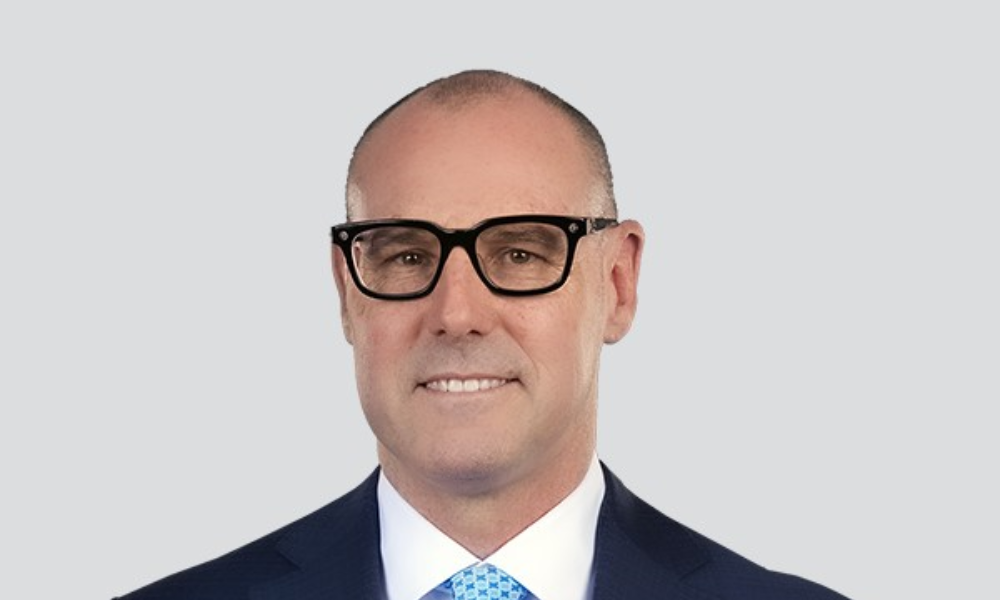New report reveals Toronto and Vancouver’s appeal for private wealth migration, with Calgary flying up the ranks

The results of the latest Henley Private Wealth Migration report are in, and for those curious about Canada’s cachet among the world’s wealthiest individuals and families, there’s much good news to be gleaned.
“Canada, I would say, continues to be favoured as a destination for affluent global citizens,” says Yannick Archambault, partner and national leader of the Family Office practice at KPMG Canada, who contributed to the report. “Everything that Canada has had to offer them in the past is still very much valid.”
Canadian private wealth growth by the numbers
According to the report, Canada was home to an estimated 367,500 HNWIs, including millionaires, centi-millionaires, and billionaires in 2022. That came as the country added approximately one million individuals to its population for the first time in history; due almost entirely to a surge in immigrants and temporary residents last year, Canada is now within striking distance of 40 million citizens.
In terms of net inflows of HNWI individuals, the Great White North took seventh place out of 10 countries – with HNWI migration for the year being 20% higher than expected – and there’s every expectation it will overtake Portugal for sixth place in 2023.
Following the Covid-19 health crisis, Henley anticipates 2023/2024 to usher in a new high in private wealth migration numbers, with Canada participating substantially in the global trend. The latest growth projection calls for 35% HNWI growth for the country over the next decade ending 2032, even brighter than the previous 10-year projection of 30% by 2031.
An “open for business” environment
Digging beneath the numbers, Archambault says Canada remains keenly interested in creating hospitable conditions for business owners and entrepreneurs from across the planet, which is sustaining a tributary of ultra-wealthy individuals and families into the economic pool.
“The positive trend for immigration in Canada continues,” he says. “We’re seeing that across the mass affluent, high-net-worth, and ultra-high-net-worth tiers of the wealth space.”
One significant win for Canada’s campaign as a land of possibility has been in its Startup Visa program. Launched in 2015, the program offers immigration opportunities to those who would start a business and support job creation within the country or support innovative entrepreneurs to do so.
“Globally, the competitive field for startup visa programs includes Australia, the US, and the UK. They’ve all been fine-tuning their programs, and Canada has certainly been keeping up,” Archambault explains. “Initially, you might hear some concerns about efficiency and the speed of the process, as well as line of sight in terms of the outcome of an application. Now, it’s a lot easier to access, and outcomes are much more predictable earlier on.”
Economic hubs and dark horses
Looking at the 97-name leaderboard of cities on global HNWIs’ migration radar according to Henley, Toronto took 12th spot, while Vancouver got 29th place. Archambault attributes their ability to attract a disproportionate volume of affluent individuals compared to other Canadian jurisdictions to several factors including their strong labour and talent pools, their leading status as technology hubs, and their diverse expat population.
“There’s already that ecosystem of entrepreneurship that makes it a little easier for new dreamers and aspiring industrialists to integrate,” he says.
Calgary is also emerging as a dark horse in the race to attract global private wealth. From an 81st place ranking last year, the Western cosmopolis is projected to take 55th place next year. In an impressive display of economic agility, the city is building on its success from traditional oil and gas and making inroads into the arenas of financial and green technology.
“We’ve definitely seen a transformation in the economy, and that’s turning into a real boost,” Archambault says.
How to welcome the wave of new Canadian wealth
For advisors and firms that may want to include new HNWI Canadians in their books of business, Archambault says it’s critical to be informed of the numbers and trends. The HNWIs and successful entrepreneurs building a new life here include many self-made men and women, which means being intentional about supporting their ambitions of building a business.
“There’s a business lens, and there’s a family lens,” he says. “You also have to think about how to help the family establish itself, which means looking at different services that address their needs.”
The end-to-end process of integration, Archambault says, requires a significant amount of coordination between teams across specializations. That means advisors to HNW families have to take holistic planning to a different level, liaising with immigration, banking, legal, and business consultants to make sure all issues regarding international relocation, tax, and cross-border requirements are addressed.
“The face of wealth is changing in Canada. Canada is a multicultural nation, by design and in reality,” Archambault says. “I think the same principles apply to any advisor looking to work with affluent new Canadians. … It’s about working well in a multi-disciplinary team, and truly supporting both the family and the business.”



